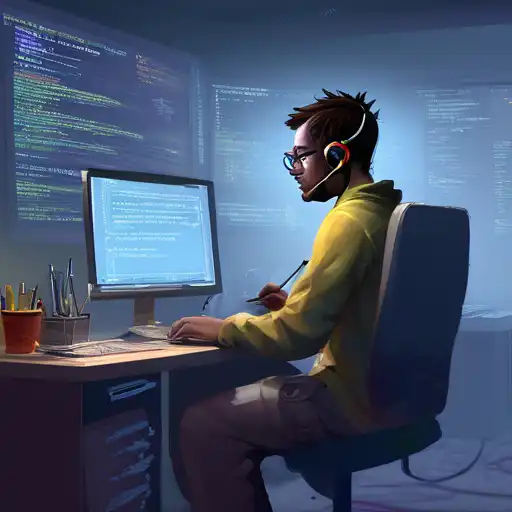Introduction to Debugging for New Programmers
Debugging is an essential skill for any programmer, especially for those just starting out. It involves identifying and resolving errors or bugs in your code that prevent it from running correctly. This article will provide you with essential debugging tips to help you become more efficient and confident in your coding journey.
Understand the Error Messages
One of the first steps in debugging is to understand the error messages your compiler or interpreter is giving you. These messages are designed to point you in the direction of the problem. Take the time to read them carefully and research any terms or codes you don't understand.
Use a Debugger Tool
Most integrated development environments (IDEs) come with built-in debugger tools. These tools allow you to step through your code line by line, inspect variables, and see the flow of execution. Learning how to use these tools can save you a lot of time and frustration.
Break Down Your Code
When faced with a bug, try breaking down your code into smaller sections. Test each section individually to isolate where the error is occurring. This method, known as divide and conquer, can make the debugging process much more manageable.
Check for Common Mistakes
Many bugs are the result of common mistakes such as typos, incorrect variable names, or misplaced semicolons. Always double-check your code for these simple errors before diving deeper into more complex debugging strategies.
Take Breaks
Debugging can be frustrating, and it's easy to get stuck in a loop of trying the same things over and over without success. Taking a short break can help clear your mind and often leads to discovering the solution when you return.
Ask for Help
Don't be afraid to ask for help when you're stuck. Whether it's a colleague, a mentor, or an online community, getting a fresh perspective can often help you see the problem in a new light. Remember, every programmer has been where you are at some point.
Practice Makes Perfect
The more you code and debug, the better you'll become at identifying and fixing errors. Make debugging a regular part of your coding practice, and over time, you'll develop an intuition for where bugs are likely to occur.
Conclusion
Debugging is a critical skill that all programmers must master. By understanding error messages, using debugger tools, breaking down your code, checking for common mistakes, taking breaks, asking for help, and practicing regularly, you'll become more proficient at debugging and a better programmer overall. Remember, every bug you fix is a step forward in your coding journey.
For more coding tips and tricks, check out our programming resources section.
